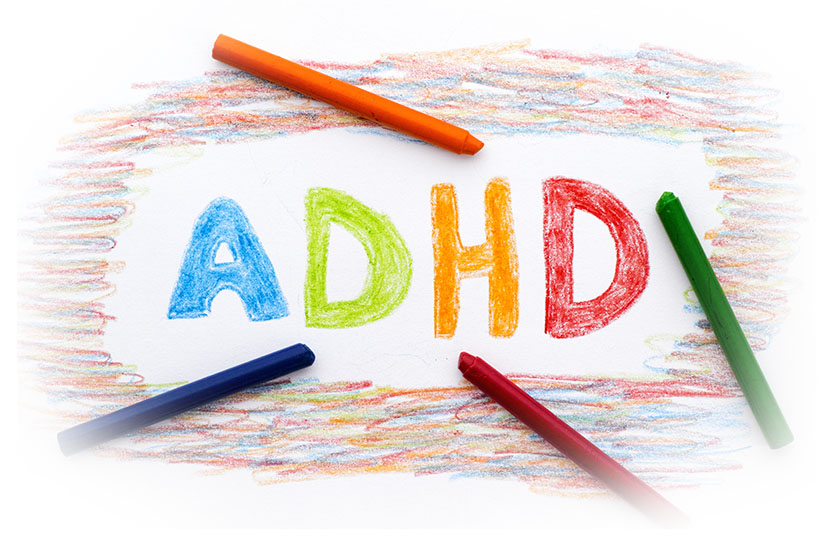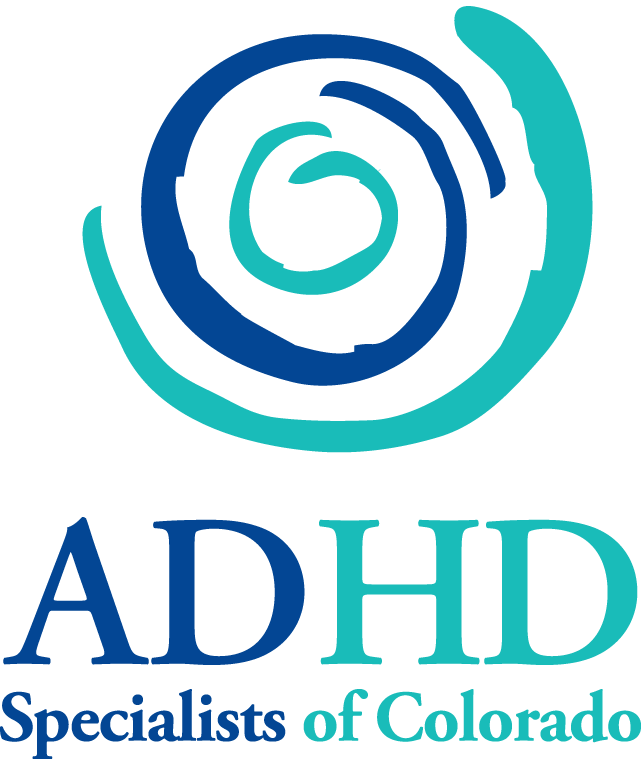
What is ADHD?
ADHD is a neurobiological disorder affecting approximately 11% of children and is seen in countries all over the world. It is a highly heritable condition, about 80% genetically determined, which is almost as heritable as human height! Environmental influences are also thought to play a role.
ADHD is characterized by difficulties in three core areas: Inattention, Impulsivity and Hyperactivity, per the DSM-5 diagnostic criteria. However, there are other very common features seen that are not included the criteria, including problems with executive function such as emotional regulation, working memory and reward systems.
About two thirds of patients with ADHD will have a comorbid (coexisting) disorder, such as a learning disorder, anxiety, depression, oppositional defiant disorder, autism spectrum disorder or sleep problem. Most children diagnosed with ADHD will have symptoms that persist into adulthood.
There are no laboratory tests, computerized tests or imaging studies that can diagnose ADHD. The diagnosis is made using information obtained from taking a very thorough history and review of parent and teacher behavior questionnaires. Occasionally neuropsychological testing may be recommended to confirm the diagnosis and determine if any comorbid disorders are present.
Get in touch with us today!

